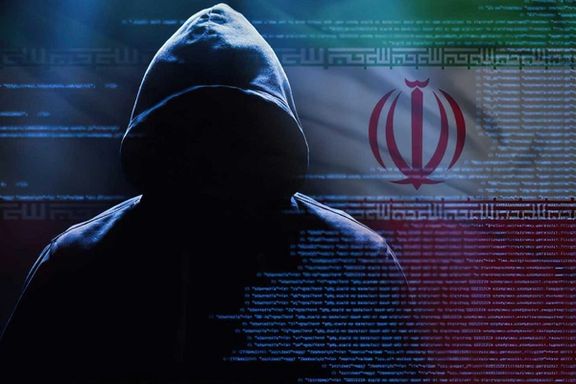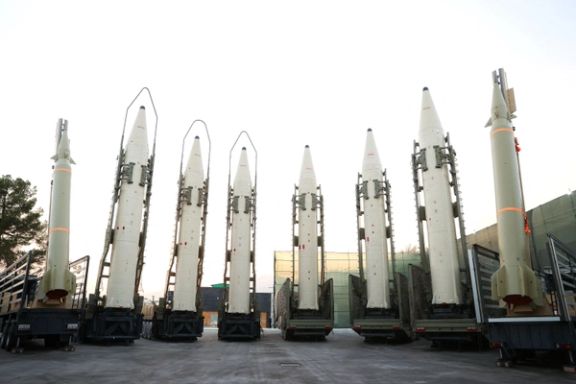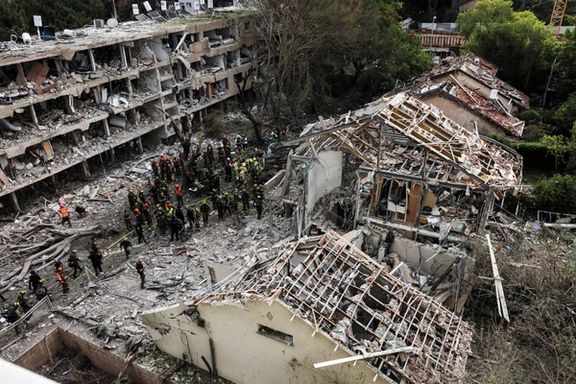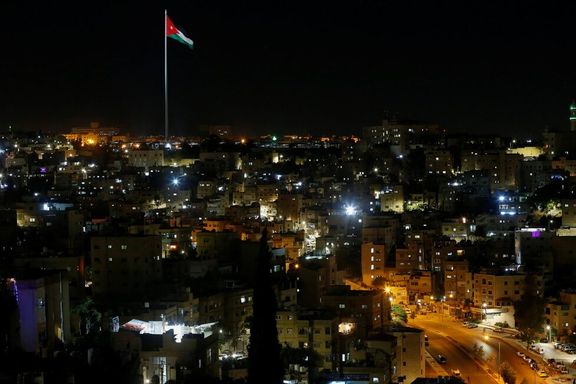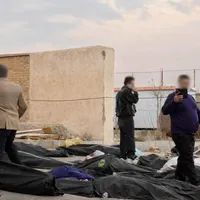“Iran's threatening activities, finance and recruitment, has tripled for the last three years to the extent that there have been people in security associated with Iran who have been accused of spying for Iran," a security source told Iran International on condition of anonymity.
"For Iran, creating something in Jordan is important -- even if on a small scale.”
The source added that even after the official crackdowns earlier this year after a widely publicized raid uncovered a weapons cache initially attributed to the Muslim Brotherhood - a longtime political party in Jordan which was then banned.
Jordan at the time said it had arrested 16 people accused of manufacturing short-range missiles, possessing explosives and automatic weapons, concealing a ready-to-use missile and illegally recruiting and training militants.
Banned Brothers
The Muslim Brotherhood is a century-old pan-Arab movement opposed to Western influence and the erosion of religiosity in public life.
In Jordan its members have long held a significant influence in parliament and public life while its offshoot in the Israeli-occupied Palestinian territories is the Iran-backed armed group and political party Hamas.
“Hamas and Hezbollah were involved for money and training in Beirut,” the security source said. “Those training them were Palestinians from Hamas while Hezbollah facilitated the sites and expertise.”
“Iran wanted to created a front in Jordan as a backup to losing south Lebanon, before that happened last year,” the source added, referring to the weakening of Hezbollah following a punishing military campaign against the group last year.
'Iran influence on rise'
“It’s not a secret that the negative influence of Iran is still on the rise,” said another security source, saying that Jordanian citizens also perceive an increased threat.
“Public opinion in Jordan shows that the main threat to Jordanian national security 20-30 years ago was Israel but today it is Iran, and has been for the last 5-6 years,” he said.
In April last year, following an Israeli strike on Iran’s consulate in Damascus, the security head of the Iran-backed Iraqi militia Kata'ib Hezbollah. Abu Ali al-Askari said the group was "prepared to arm the Islamic Resistance in Jordan" with supplies for up to 12,000 fighters.
Their goal, he said, was to "defend the Palestinians and avenge the honor of Muslims" by targeting Israel, saying the group would start by "cutting off the land route that reaches the Zionist entity," referring to the Jordan-Israel border.
The perceived threat has seen Israel enhance its border security with Jordan in addition to carrying out a surprise drill for its forces in August, simulating a ground invasion from the Jordanian border.
“Weapons from Iran have also continued to be smuggled into Jordan and on to the West Bank from Syria," the security source added.
Friend of my enemy
Tehran continues to defy Amman, which it sees as an ally of Iran’s arch-enemies the United States and Israel, and a senior Jordanian official said protests through diplomatic channels have proven futile.
“We told them (Iran) they cannot fly their missiles over Jordan, but they did anyway,” the official said.
“They (Iran) don’t listen. We said they can fly over Syria, but they are adamant and have little regard for the consequences. This is a country that thinks they should be the masters of the Middle East.”
While the official said that Iran had lost influence in the region after military setbacks to its regional armed allies and a June war with Israel and the United States, the threat to Jordan abides.
“The desire and will is there to focus on Jordan because they lost cards with Hezbollah and Syria, but their ability has somewhat weakened. On the borders with Syria they’d love to do more damage but they lost a lot of their operatives there and Syria isn’t friendly to them.”



